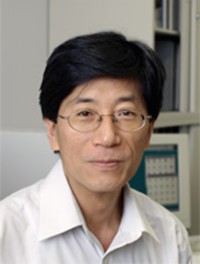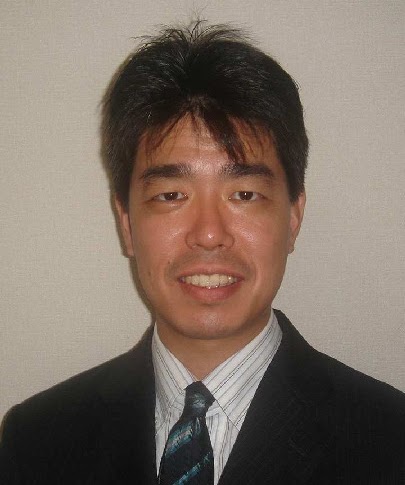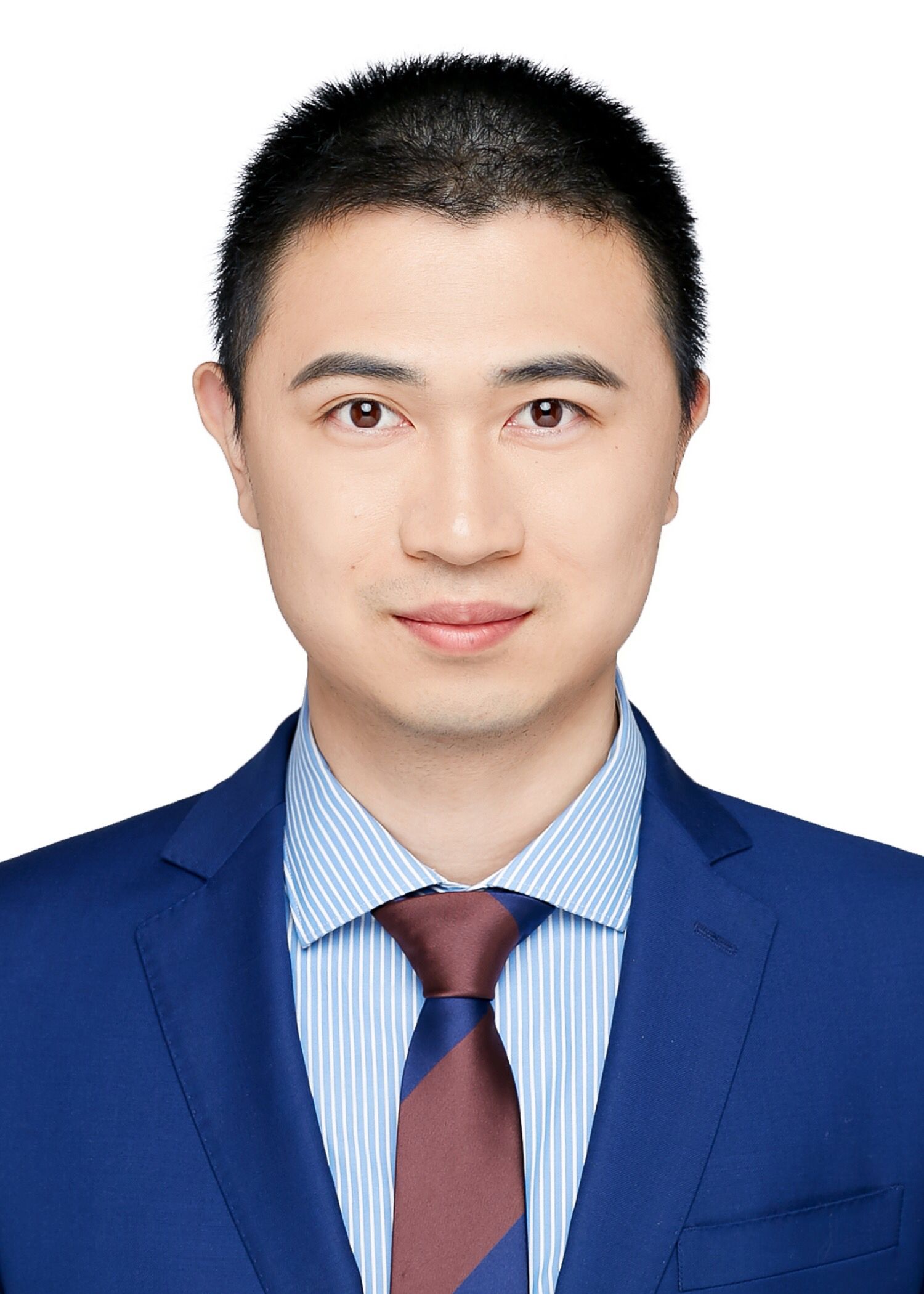Call for Papers:
Evolutionary Computation and Swarm Intelligence Algorithms for Sustainable Development Goals (SDGs)
IEEE Congress on Evolutionary Computation (CEC 2024)
, 30 June - 5 July, 2024, YOKOHAMA, JAPAN
Submission Deadline: January 29, 2024
Aim and Scope:
Research on evolutionary computation (EC) and Particle swarm optimization (PSO) algorithms is active, and many effective methods have already been proposed. Furthermore, applied research using these methods to real-world problems is actively being conducted. Meanwhile, in recent years, there has been a common recognition of the importance of Sustainable Development Goals (SDGs). Therefore, in order to promote the practical application of evolutionary computation and swarm intelligence algorithms more than ever before, there is a need for a place to discuss and examine research on new methods of EC and PSO algorithms that take SDGs into consideration. With this in mind, we would like to propose a "Special Session on Evolutionary Computation and Swarm Intelligence Algorithms Considering SDGs." Some of the methods proposed so far are already effective for SDGs. We believe that this special session will be an effective place to identify and organize effective methods for achieving these SDGs, and to consider future developments.
The theme of this special session is to discuss and examine research on new methods of Evolutionary computation (EC) and Particle swarm optimization (PSO) algorithms that take SDGs into consideration.
The aim is to investigate in both the new theories and methods for evolutionary computation and swarm intelligence algorithms that are effective for SDGs, and the methods that take SDGs into account when applying previously proposed algorithms to practical problems. Also, among the methods proposed so far, we will identify methods that are effective for SDGs and consider future developments.
Topics:
Topics of interest include but are not limited to:
Submission:
Please follow the guideline in IEEE CEC 2024 Submission Web Site to submit your work via the Paper Submission System. Special session papers are treated the same as regular conference papers. Please specify that your paper is submitted to SS Evolutionary Computation and Swarm Intelligence Algorithms Considering SDGs. All papers accepted and presented at IEEE CEC 2024 will be included in the conference proceedings published by IEEE Explore, which are typically indexed by EI.
Important Date:
Organisers:
Biography of the organisers:

Yuji Sato received the B.E and Ph.D. degrees in engineering from the University of Tokyo, Japan in 1981 and 1997, respectively. From 1981 to 2000, he was with Hitachi Ltd., Tokyo, Japan. In April 2000, he joined the Faculty of Computer and Information Sciences at Hosei University, Japan, as an Associate Professor, and became a Professor in April 2001. From 2007 to 2008, he was a visiting scholar at Illinois Genetic Algorithms Laboratory (IlliGAL). His current research areas include evolutionary computation on many-core architecture and evolution of machine learning techniques in design. He received the 2015 Highly Commended Paper Award of IJICC. He is a member of the IEEE Computational Intelligence Society, the IEEE Computer Society, the ACM/SIGEVO, the Japanese Society for Evolutionary Computation, and the Information Processing Society of Japan. He is also a member of program committee of GECCO since 1999, and an editorial board member of the complex & intelligent systems from 2020 to 2022.

Keiki Takadama received Doctor of Engineering Degree from the University of Tokyo, Japan, in 1998. He joined Advanced Telecommunications Research Institute (ATR) International from 1998 to 2002 as a visiting researcher and worked at Tokyo Institute of Technology from 2002 to 2006 as a lecturer. He moved to The University of Electro-Communications as associate professor in 2006 and is currently a professor from 2011. He served the general chair of GECCO (Genetic and Evolutionary Computation Conference) 2018. His research interests include evolutionary computation, reinforcement learning, multiagent system.

Jia Guo born in 1990 in Wuhan, China, earned both his M.Sc. and Ph.D. in Computer and Information Sciences from Hosei University, Japan (2015, 2020). He also holds an M.Eng. in Software Engineering from Huazhong University of Science and Technology, China (2016). From April 2020 to March 2021, he was with the Primate Research Institute of Kyoto University. In June 2021, he joined Hubei University of Economics, where he has been working ever since. His specialization lies in evolutionary computation and swarm optimization. Notably, he was honored with the Young Author Award at the 2017 International Conference on Artificial Life and Robotics.

Zhiwei Ye , male, professor, was born in 1978, received his doctor degree from the department of Wuhan University in 2006, at the Hubei University of Technology, dean of the school of computer science. In 2018, he was awarded the first prize and the second prize of Excellent Teaching Achievement in Hubei Province, and in 2019, he was awarded the second prize of Scientific and Technological Progress in Hubei Province. His main research work is machine learning, data mining and intelligent computing. He has published more than 50 papers in important academic journals and conferences at home and abroad, with a total of more than 2000 citations.